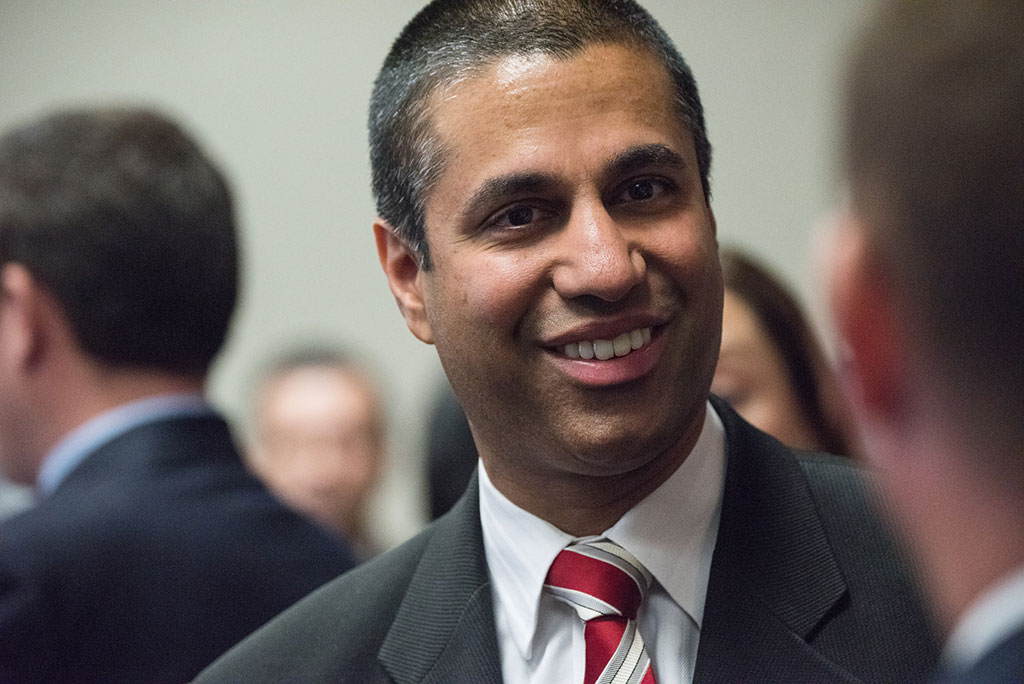New York attorney general blasts FCC for ignoring fake net neutrality comments
The public commenting process on a possible repeal of net neutrality rules has been corrupted by fake comments, NY attorney general says.

In all likelihood, the FCC will soon strip away net neutrality rules that were introduced under the previous administration. To make matters worse, the commenting period that was to allow Americans to share their thoughts and feedback on the FCC's proposal to remove net neutrality rules may have been corrupted by what New York attorney general Eric Schneiderman called "fake comments."
The AG posted an open letter to FCC chairman Ajit Pai criticizing him and the FCC as a whole for refusing to cooperate with an investigation into "the fraudulent use of Americans' identities" to spam the comments. Schneiderman says his office has been investigation "a massive scheme to corrupt the FCC's notice and comment process" for the past six months, during which time it asked for crucial information on at least 9 times.
"In May 2017, researchers and reporters discovered that the FCC’s public comment process was being corrupted by the submission of enormous numbers of fake comments concerning the possible repeal of net neutrality rules. In doing so, the perpetrator or perpetrators attacked what is supposed to be an open public process by attempting to drown out and negate the views of the real people, businesses, and others who honestly commented on this important issue," Scheiderman wrote. "Worse, while some of these fake comments used made up names and addresses, many misused the real names and addresses of actual people as part of the effort to undermine the integrity of the comment process."
An investigation led by Scheiderman revealed that tens of thousands of residents in New York alone may have had their identities misused in such a manner. Scheiderman likened the situation to identify theft, but on a massive scale.
It's not clear if the fake comments were in support of repealing net neutrality, as the FCC has proposed, or were part of the "overwhelming majority" who oppose the plan, of which Scheiderman is a part of. Scheiderman said it doesn't matter either way, that it's not about the issues. The bigger issue, he says, is that the misuse of hundreds of thousands should be concerning to everyone, whether they are for or against net neutrality. That, and the FCC's unwillingness to aid the investigation.
"We reached out for assistance to multiple top FCC officials, including you, three successive acting FCC General Counsels, and the FCC’s Inspector General. We offered to keep the requested records confidential, as we had done when my office and the FCC shared information and documents as part of past investigative work," Scheiderman wrote. "Yet we have received no substantive response to our investigative requests. None."
The proposal in question received over 22 million comments over the summer. A final revision will be released today and voted on next month.
Keep up to date with the most important stories and the best deals, as picked by the PC Gamer team.
Paul has been playing PC games and raking his knuckles on computer hardware since the Commodore 64. He does not have any tattoos, but thinks it would be cool to get one that reads LOAD"*",8,1. In his off time, he rides motorcycles and wrestles alligators (only one of those is true).


